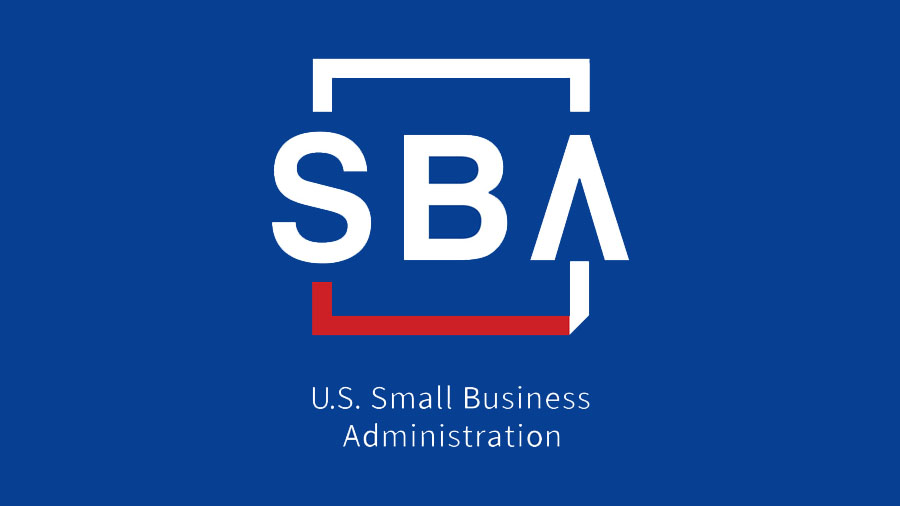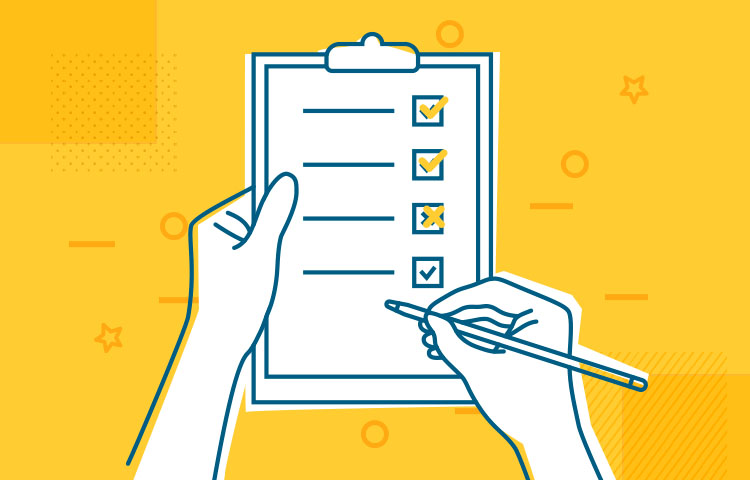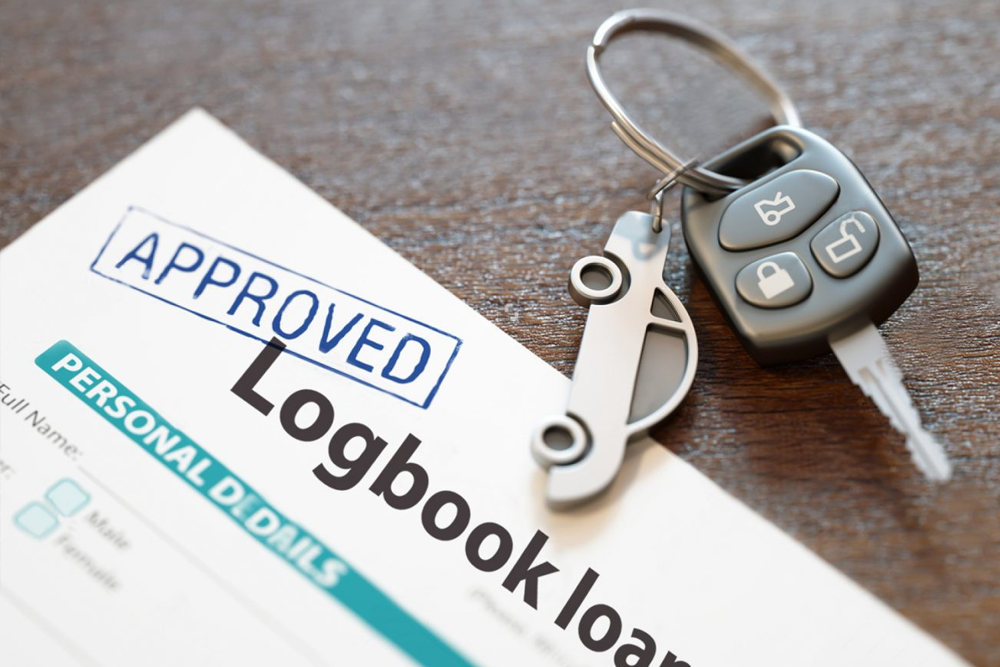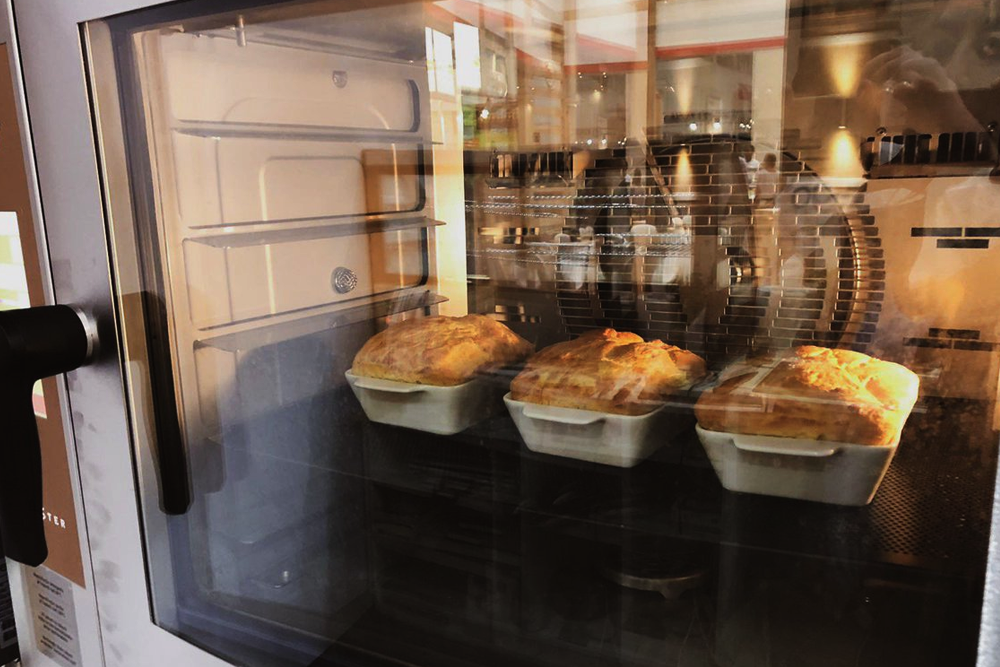Discover the best business loan to apply for to meet your business needs
A small business loan is the type of loan that provides capital to qualifying business owners at a fixed interest rate. Some loans are acquired for general business expenses, while others have more specific business purposes, such as working capital loans, equipment financing, and real estate loans. Loans for business, similar to personal loans, require an application, tax returns, a good credit score, and any documentation that will establish creditworthiness.
Different financing options exist for small businesses; for instance, the Small Business Administration (SBA) has partnerships with banks and lenders to provide financial resources. Business owners are encouraged to research various business loan types and the financial entities that engage in business lending. Then you will find the funding option that best fits your business needs.
Table of Content
- What loan options are available to small business owners.
- What loans and relief options are available during the COVID19 pandemic?
- Who lends to small business owners?
- How to ensure you are eligible for a business loan.
- How to pick the best business loan for your small business.
- Comparison between small business lenders.
What loan options are available to small business owners
Business loans offered by the SBA
SBA offers loans to small businesses through loan programs in collaboration with its partners. These government-guaranteed loans have a low interest rate and longer-term repayment than most other business loans lenders. The loan application process for SBA loans is often time-consuming and has strict requirements. Borrowers have good personal credit, strong business finances, and the flexibility to wait for funding.
The U.S SBA has partnerships with many financial institutions; this enables them to offer a variety of business financing options. For example, the SBA administered the Paycheck Protection Program(PPP) on May 4th, 2021. The PPP aids small business owners in maintaining employees on payroll amidst the coronavirus pandemic.
Some of the other loan programs under the SBA include:
The Microloan Program
The Microloan program sets out to assist small businesses, be they new or expanding, and specific non-profit childcare centers. A microloan can go up to loan amounts of $50,000 and is mandated for working capital or purchase supplies, equipment, furniture, and inventory. The SBA does not allow a borrower to use a microloan to pay off existing debts or purchase real estate.
The SBA 7(a) Loan Program
The SBA 7(a) loan is the most flexible, common, and best suited for business owners looking to purchase real estate. Under the 7(a) loan program, loans of up to $5 million are available; typically, loan repayment occurs through monthly installments. Borrowers may use the financing under the 7 (a) program for several purposes, such as establishing new businesses, debt refinancing, construction of new buildings, and working capital and renovations. There are restrictions under this program, such as borrowers can not pay themselves back for their invested money into the business.
The SBA 504 Loan Program
The 504 loan program provides borrowers with equipment and real estate loans. Typically loans got up to amounts of $5 million, promoting business growth and employment development. The 504 loans go towards providing fixed-rate, long-term financing that can help purchase major assets. The loans provided under this program strictly are for purchasing land, equipment, facilities, and renovations. This funding can not pay or refinance debt for investments in real estate or as working capital.
Alternative loan options to SBA Loans
Term loans
Business term loans offer the borrower a lump sum with a fixed term and repayment term. Along with each payment, you will pay interest as well as the principal. The types of term loans offered include:
- Real Estate loans
This term loan is called a commercial mortgage. It is utilized to purchase, develop or refinance commercial property—for instance, warehouses, retail centers, and mixed-use buildings.
- Equipment loans
This is a type of term loan. Equity loans purchase and spread out the cost procurements. The purchase may be a large piece of machinery or equipment for your small business. Frequently, the machinery bought will stand as collateral.
Business lines of credit
Lines of credit are similar to credit cards. They are used as an emergency fund by business owners. Borrowers can acquire a specific amount of funds and then use a portion of it as the business need arises. Funds from lines of credit buy equipment or inventory, manage any fluctuations that occur due to seasonal sales, or invest in marketing.
Business lines of credit typically have a maximum limit that you can borrow and pay. The interest charged is based on the amount you have borrowed and not on your maximum limit. Loan repayments are scheduled daily, weekly, or monthly.
Invoice financing
If cash flow is an issue your business faces because you are waiting on paying invoices, you may opt into invoice financing. Also known as invoice factoring. With invoice factoring, you sell your unpaid invoices to the lender; this acts as the collateral. After receiving payment, you are expected to repay the loan plus any interest and fees applicable.
Merchant cash advances
Lenders provide borrowers with a lump sum; this is based on your future sales. This loan is usually costly, and you are responsible for paying the fees plus the loan amount. You can opt to do this through a cut of your sales or with a fixed transfer from your business bank account; on a consistent schedule.
Franchise loans
Franchise loans are used for standard franchise openings. This would cover the franchise-specific costs and standard business opening expenses. These are expenses you often pay upfront to open a franchise. In some instances, franchisors may offer funding to help you establish your franchise.
Personal loan for business purposes
A personal loan is a good alternative means of business financing if you don’t qualify for a business loan and your business is not well established. In this case, the loan lender will not use your business history; instead, personal loan providers will consider your credit score and income.
Loans and relief options are available during the Covid19 pandemic
The Paycheck Protection Program (PPP) came to an end on May 31st of 2021. Eligible borrowers are now encouraged to apply for the PPP forgiveness loan program https://www.sba.gov/funding-programs/loans/covid-19-relief-options/paycheck-protection-program/ppp-loan-forgiveness. For this application, the borrower must submit forms, payroll, and non-payroll evidence on how they used their funding.
The other relief programs under the SBA COVID19 Relief Program are:
The COVID 19 EIDL (Economic Injury Disaster Loan)
Small business owners (agricultural businesses included) and non-profit organizations in all U.S Washington D.C. and territories may apply for this loan. This loan is identified as a disaster assistance loan.
Who qualifies for an EIDL Disaster loan?
- Agricultural businesses that have 500 or fewer employees
- Businesses engaged in food and fiber production, for instance, ranching and aquaculture.
- Small business owners
Note that all applicants will be expected to submit a signed and dated IRS Tax Authorization Form, along with the loan application. This Form 4506-T.
The SBA Debt Relief
The Debt Relief Program is an offer by the U.S SBA to existing borrowers whose businesses have been severely impacted by COVID 19. This was as part of the CARES Act; SBA is authorized to pay six months of principal, interest, and any associated charges that borrowers owe. This affects the SBA 7(a), SBA 540, and Microloans. Borrowers do not apply for this service; the SBA will automatically act.
The Restaurant Revitalization Fund
To help eligible businesses, such as restaurants, keep their doors open, the American Rescue Plan Act established this fund. The program will provide restaurants with funding matching their pandemic-related loss to $10 million per business. Note that no more than $5 million will be given per physical location. No repayment is required by recipients as long as the funds are used as intended by March 11th, 2023. Applications are made through the SBA-recognized POS (Point of Sale) Vendors or directly via SBA in the online application portal on the official website.
Shuttered Venues Grant
The Economic Aid to Hard-Hit Small Businesses, Non-profits, and Venues Act, established the Shuttered Venue Operators Grant (SVOG) program. The American Rescue Plan Act amended the funding program. The program holds over $16 billion in grants, to be administered by SBA’s Office of Disaster Assistance. Applications are conducted through the SVOG portal. https://www.svograntportal.sba.gov/.
Who lends loans to small business owners?
Banks and Credit Unions
Banks and Credit Unions are more traditionally known to serve well-established and larger business entities, inclusive of small businesses. So to optimize your chance of getting loan approval, look for SBA program loans. It is likely that if the Small Business Administration backs the loan you seek, then you are most likely to obtain the funding you need. This is mostly because SBA programs involve less risk for the lender. Lastly, having a good relationship with the financial institution helps. You can create a business bank account with them. This good relationship may allow the bank to overlook any slight shortcomings in your qualifications.
Online Lenders
The products offered by online lenders are the same as those offered by either the bank or credit unions; online lenders just don’t operate from a branch that you as the borrower have to go to. With an online lender, you should expect an online application process that is relatively quick and easy.
Some online lenders will be referred to as alternative lenders. This is because online lenders often offer more flexibility than commercial banks as their loan products are less regulated in comparison. They also act as a good source of business financing for businesses that would otherwise not qualify with more traditional banks, for instance, startups.
How to ensure you qualify for a business loan?
Almost all businesses need help with their cash flow; as a good business owner, it is important to prepare yourself for the possibility. You should strive to maintain a good credit history, a good credit business score, and establish a good relationship with a financial institution; this would be through a business checking account.
When applying for a loan, most lenders will require:
- A loan application
- Business plan
- Business history and credit report
- Income tax returns dating back at least two years
- Bank statements
- Collateral – documentation detailing the value of personal or business property/receivables.
- Accounts receivable and accounts payable.
- Legal documents such as contracts, licenses, and leases.
Additional supporting documents are required to get a small business loan
Getting a small business loan requires significant documentation. Other than the application form, which you must fill in, there are supporting documents you are expected to present to your lender. These include;
- Resume and personal background
- Documentation of business loans, current, and past
- Personal and Business Bank Account statements, dating at 12 months
- A plan on how you expect to use the loan
- Debt schedule
How to pick the best business loan for your small business
Before starting the search for funding, it is important for a business owner to figure out how much you need and plan to spend those funds. As highlighted above, there are a wide variety of loans that can be used for varied purposes. Once you have successfully identified the type of business loan that would be applicable in your case, you should research who offers that type of business loan, then compare the choices.
When considering the best small business loan for you, it is important to consider the following;
- Observe the eligibility requirements for loan applicants
- Research loan options available to you
- Affords you minimize costs while providing good customer service
Focusing on these factors will help you single out lenders from whom you are most likely to get loan approval with acceptable terms, costs that you can manage, and reliable customer service.
Observe The Eligibility Requirements for loan applicants
Determining your chances of getting a loan can save time. For instance, some lenders will require a business to have been in operation for a certain number of years, for example, two years. You may also be expected to meet a certain minimum revenue requirement. This means that if you are looking for startup funding, you would have to go to another lender.
When researching loan eligibility, look out for;
- Minimum years in business requirement.
- Minimum revenue requirement.
- Minimum credit score requirement.
Research The Loan Options Available To You
It is important to research the loan options available and what will fit you best because there are widely varied small business financing options. Consider what would meet your needs.
- Loan terms – The loan repayment term refers to the time frame you have to repay your loan. It is vital to note that short-term business loans tend to have higher monthly payments; however, you do pay less overall. If you take out a loan with a longer timeframe, you will end up paying less every month but paying more in total interest.
- Loan limits – It is essential to find a loan that adequately answers your financial needs. Settling for a lower amount could burden you with a loan that falls short of your capital needs.
- Loan types – Identify a company that offers the type of loan you are looking for. It may be a term loan or a line of credit. It is also more efficient to consider why you need the money; for instance, you might need a different loan for payroll as compared to real estate. This saves on time and ensures you get the required capital to either start or grow your business.
Has Minimum Costs, While Providing You Good Customer Service
Keep loan costs at a minimum
You should aim to keep loan costs at a minimum. Profits gained from your business should be reinvested into the small business, not used to repay your lender. When looking for a lender with low costs, consider:
- APR – The annual percentage rate is the interest charged on your loan every year. It often includes all fees and costs associated with the loan. Bear in mind that advertised interest rates might just be where the interest rate starts. You will need to submit information for a rate check. It is helping you determine what to expect for your small business loan’s APR.
- Down payment – There are instances where the down payment for your small business loan is covered by collateral. However, some other small business loans may require an equity investment. You should at least expect to invest a percentage of your capital when taking out a loan.
- Factor rates are typically used for short-term business loans and merchant cash advances to determine how much interest you will earn. Unlike APR’s the interest rate for invoice factoring is expressed in decimal form. This rate is determined by the industry your business is in, the stability of your business, your time in business, and monthly credit card payment revenue. Generally, you pay more in interest when dealing with factor rates than when you use APRs.
- Fees – When comparing fees, it is important to think about the origination and underwriting fees and closing costs. If you’re looking for an SBA loan, expect an SBA loan guarantee fee. The lender is the one who pays this fee and has the option to pass it along to you at closing. It is important to note that lenders can not charge a separate origination fee on an SBA 7(a) loan. They may, however, choose to charge packaging fees that are reasonable and customary for the services performed.
Other associated fees may include; late payment fees, prepayment fees, and check processing fees. All of which are charged if you make early payments.
Has Good Customer Service
Find out the reputation of your lender. This lets you know what to expect; you may conduct your research by finding information on customer experiences, either past or present. Make sure to read loan reviews and search the Better Business Bureau to learn about a particular lender.
Comparison between small business lenders
A borrower needs to understand what loan products a lender offers and the benefits and disadvantages of creating a relationship with each lender. Below we shall breakdown, the merits and demerits and the loan products of the following lenders:
- BlueVine – Are a financial technology company. They have a competitive invoice factoring service that helps businesses with cash flow challenges.
- OnDeck – Stand out for their loyalty, fast funding, and prepayment benefits. If you have prior business with this lender and take out a new loan, they will waver any remaining interest rate.
- FundBox– FundBox is an AI-powered lending business that offers lines of credit and short-term loans.
- National Funding – offers a variety of loan options, including SBA loans. For a borrower to qualify for a direct loan, the minimum credit score requirement is 500, and for any consecutive loan, it’s 475.
- TD Bank – This company stands out for offering banking solutions geared towards healthcare professionals. TD Bank’s finances practice merges, buy-ins, and buy-outs, business expansion, or relocation.
- Biz2Credit is an online market that matches businesses with the right funding source through a proprietary platform.
- Lendio – A marketplace that partners with more than 75 different lenders.
- Fundera – A marketplace that stands out in its online resources and extensive features.
- Funding Circle – Offers one of the lowest interest rates on loans. Qualifying borrowers will be charged interest rates starting from 4.3% per year. This is significantly lower than most short-term lenders.
| Lender | Type of Loan offered | Advantages | Disadvantages |
| BlueVine | Offers borrowers:
Invoice factoring |
|
|
| OnDeck | Offers:
Short term loans |
|
|
| FundBox | Offers:
Lines of Credit |
|
|
| National Funding | Offers:
Small business loans. |
|
|
| TD Bank | Offers:
SBA Loans. |
|
|
| Biz2Credt | Offers:
SBA Loans |
|
|
| Lendio | Offers:
SBA loans |
|
|
| Fundera | Offers:
SBA7(a) loan |
|
|
| Funding Circle | Offers:
SBA Loans |
|
|

















